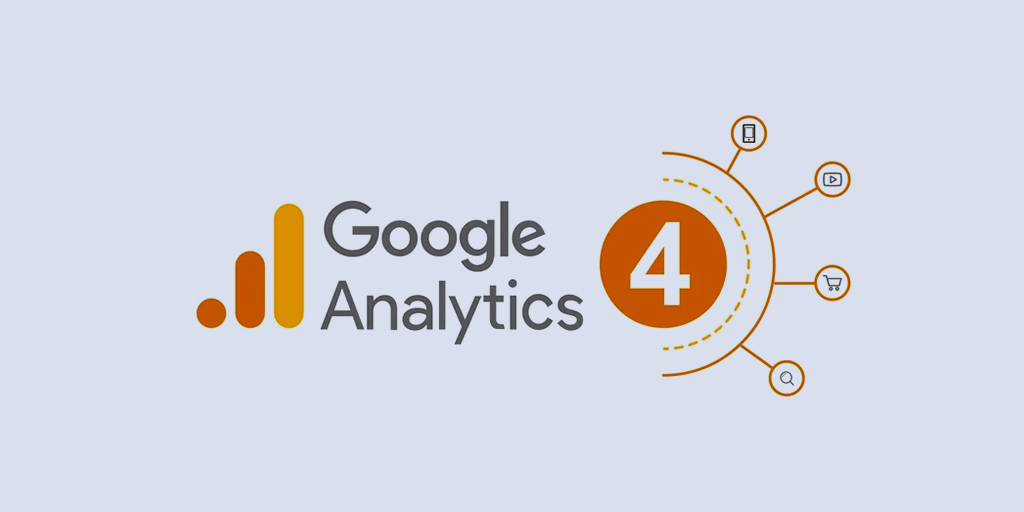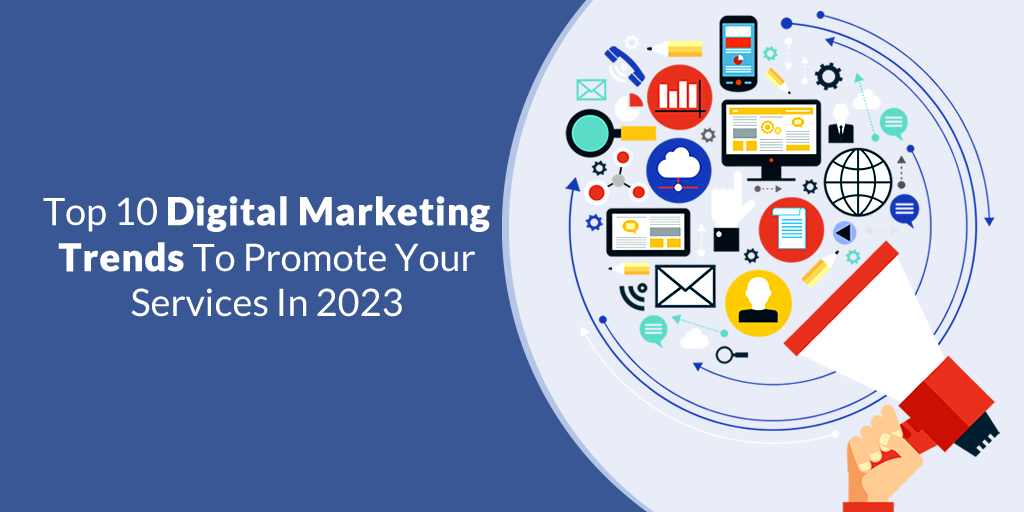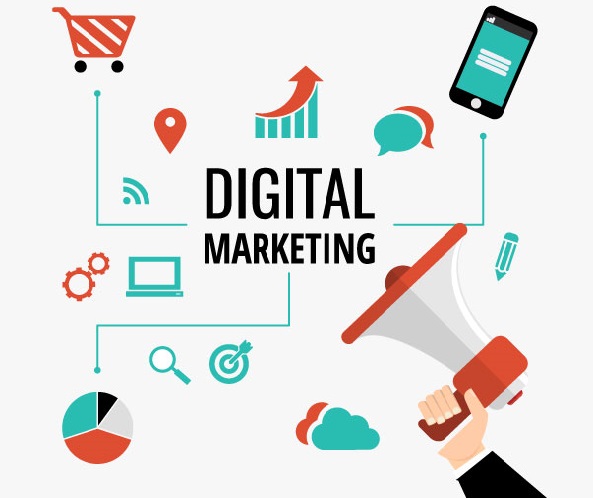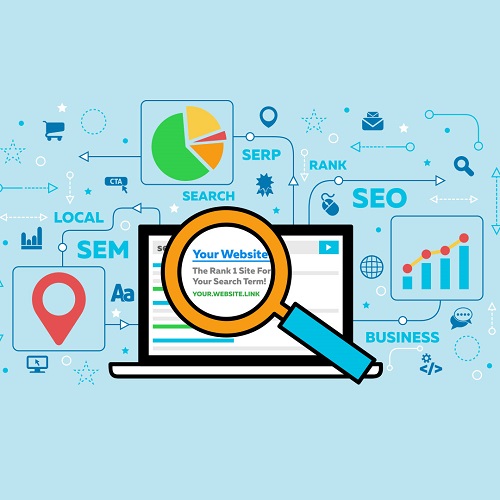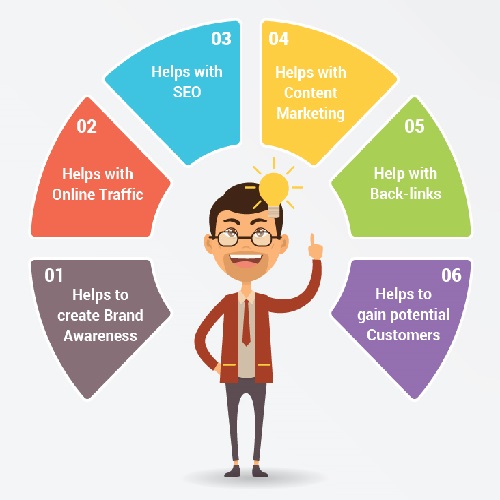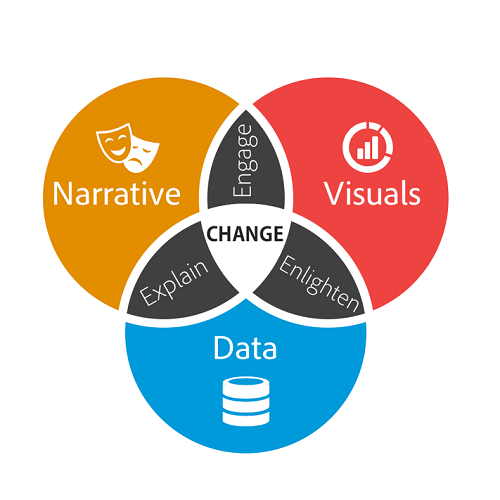Contact Us
Related Posts
Category

In 2025, businesses and marketing leaders aren’t just chasing clicks—they are chasing profitability. With rising ad costs, evolving platforms, and smarter audiences, the pressure is on to scale campaigns without burning through budget.
That’s where a performance marketing strategy proves to be a game-changer.
By maximizing results for every marketing investment made, performance marketing has emerged as a backbone of ROI-driven campaigns for businesses.
In fact, the global spending on performance marketing is projected to exceed $146 billion by the end of 2025, with a CAGR of 11.3%. This significant surge reflects a shifting landscape where brands demand measurable outcomes in terms of clicks, conversions, and sales, not just impressions.
But in a world full of data, automation, and customer fatigue, not every strategy delivers expected results, and you must know which does and which doesn’t.
So with this blog, we’re going to uncover the most effective practices for performance based marketing that work in 2025, while highlighting the ones that have faded out, ultimately helping you craft a result-oriented strategy.
What is a Performance Marketing Strategy?
A performance marketing strategy is a data-driven, digital marketing approach where businesses or advertisers pay only when specific, measurable actions are achieved, such as clicks, leads, or sales. Unlike traditional marketing, where payment is upfront regardless of results, performance marketing aligns investments with results.
In 2025, the boundaries of performance marketing have expanded. It now leverages a variety of marketing channels to engage prospects at different stages of the funnel with a conversion-focused approach. Performance marketing offers budget control, transparency, and a definite return on investment when implemented effectively.
What Works for a Performance Marketing Strategy?
Advancements in artificial intelligence, changing customer behaviour, and growing industry demands have brought significant changes in performance marketing. To remain competitive, businesses must partner with performance marketing services to adapt to new trends and use them effectively in their marketing strategies.
Here are some key trends that will prove impactful for performance based marketing strategies in 2025:
Focus on First-Party Data
With third-party cookies being phased out and stringent privacy regulations such as GDPR and CCPA gaining traction, marketers are shifting their focus to first-party data, information collected directly from customers. Performance marketing best practices for collecting such data include email subscriptions and interactive content.
AI-Powered Marketing Campaigns
Artificial intelligence (AI) has already transformed the marketing landscape, but in 2025, it will take center stage. AI-powered tools don’t just assist in analyzing data; they can also create hyper-personalized marketing campaigns at scale. Such campaigns drive more measurable results by attracting high-value prospects.
Retargeting in Performance Marketing
Retargeting in performance marketing continues to be one of the most powerful tactics when used intelligently. Dynamic targeting, powered by AI, now adapts the ad content to the user’s behaviour in real time, reducing ad fatigue and boosting CTR. Retargeting based on CRM data and user intent can also deliver measurable results.
Short-form Video Dominance
The short-form video content continues to dominate the digital marketing landscape in 2025 as brands look to engage younger audiences. Businesses should increasingly leverage platforms such as Instagram Reels and YouTube Shorts to run video-based ad campaigns that are visually appealing and action-oriented.
Social Commerce Integration
The convergence of e-commerce and social media, known as social commerce, is quickly gaining traction in 2025. Using social commerce, brands can reduce friction in the purchase journey and drive higher conversion rates. This is especially beneficial for performance based advertising, as it can drive conversions faster.
What Doesn’t Work for a Performance Marketing Strategy?
While optimizing your performance marketing strategy with modern, advanced tactics can drive exceptional results, continuous use of outdated and generic practices can harm its performance. You must know what practices you must stop using in performance marketing to ensure that you don’t fall behind in the race.
Let’s take a look at some of such performance marketing practices that no more work effectively in 2025:
Over-Reliance on Vanity Metrics
Clicks, impressions, and reach are useful, but they don’t always translate to revenue. Many marketers still fall into the trap of optimizing for CTRs without correlating them with actual conversions. Performance based marketing in 2025 demands deep analytics of key performance indicators (KPIs) and full-funnel metrics.
Generic Creatives and Copy
Modern consumers expect relevance, not repetition. Running a one-size-fits-all ad across all platforms leads to poor engagement and higher bounce rates. Ignoring creative testing and dynamic content generation is one of the biggest mistakes in modern performance marketing strategies used by businesses.
Neglecting Mobile Optimization
Over 80% of all digital ad engagement now happens on mobile devices. Yet, some brands still push desktop-optimized landing pages or run video ads without mobile formatting. Performance based advertising now begins with mobile-first design, lightweight creatives, fast-loading pages, and seamless viewing experiences.
Blind Budget Scaling
Just because one campaign performed well doesn’t mean scaling the budget will yield the same ROAS. Performance-based campaigns must be scaled thoughtfully, often incrementally, while monitoring new audience behaviors. Machine learning tools can help determine scale thresholds, but manual oversight is still key.
Disregarding Privacy and Compliance
With evolving data privacy laws like India’s DPDP Act and global equivalents to GDPR and CCPA, brands that ignore compliance face massive penalties and consumer distrust. Modern performance marketing services ensure complete transparency, cookie consent, and ethical use of data to comply with regulations.
Performance Marketing Best Practices in 2025
Creating a future-proof, highly effective performance marketing strategy includes three key aspects: integrating advanced tactics, abandoning the ineffective ones, and using the right practices. When you use the performance marketing best practices, you ensure that your strategies deliver maximum outcomes consistently.
The following are some of the best practices for performance marketing that you can follow to create a winning overall strategy:
Set Specific Goals: Be clear about the specific business objectives you want to achieve with your performance marketing strategy. Typical goals include generating more leads, raising brand awareness, or boosting online sales.
Identify Your Audience: Thoroughly research your target audience across demographics, interests, behaviors, and pain points. Audience insights enable advertisers to craft tailored ads and offers that align with the needs of audiences.
Expand Budgets Strategically: If your performance based advertising campaigns are consistently delivering profitable returns, consider increasing budgets to scale efforts. However, make sure to expand the budget incrementally.
Select Your Channels: With a clear audience profile, research which marketing channels allow you to efficiently reach that group at scale. Prioritize specific channels rather than spreading efforts across too many options.
Partner with Experts: Partnering with agencies specializing in performance marketing, such as OMR Digital, provides you with access to profound expertise, experience, and expert insights that accelerate your results.
Transform Your Business Performance with OMR Digital
The success of your performance marketing strategy is defined by innovation, adaptability, and a renewed focus on modern advancements and sustainability. Businesses must embrace emerging technologies, leverage first-party data, and adopt creative strategies to meet the evolving demands of their audiences.
If you’re still relying on outdated methods or chasing surface-level metrics, it’s time to rethink your performance marketing approach with OMR Digital. We empower businesses with advanced performance marketing strategies that experiment with new approaches, prioritize measurable outcomes, and ensure sustainable growth.
























































